Jamaican Patois: Language, Dialect, Slang?
Fearful of not being understood, many Americans seek out vacation and retirement options where English is the official language.This leaves many at a loss when they vacation in Jamaica and encounter Patois, the “unofficial” language.
 Misunderstanding Patois can easily send them off in a taxi to the wrong city or cause any number of mishaps. Let’s look at a few key facts about this interesting tongue and avoid disaster.
Misunderstanding Patois can easily send them off in a taxi to the wrong city or cause any number of mishaps. Let’s look at a few key facts about this interesting tongue and avoid disaster.
Visitors arrive in Jamaica with the understanding that it’s an “English speaking country.” As you disembark and enter the airport, you are greeted by smiling airport agents. Speaking perfect English, they direct you to polite, if a bit intimidating, immigration officers. These officer pose questions in very proper, often dramatically enunciated, English.
Bags are collected and everyone makes their way through customs and enters the lobby of the airport. Being understood and understanding those around you is no problem. If you are being transferred directly to a big resort, the chances are that anyone you come in contact with that day will be quite easy to communicate with. However, new frontiers await just outside your gate.
A day or two later, as you decide to wander up the beach or walk to the shops, you begin to wonder if you were transported into a non-English speaking country while you slept.
Although you pick up on some English sounding words, you would swear that they are speaking another language altogether. The truth is, in my opinion, they ARE speaking what should be a legitimate “language” when using Patois but it is still sidelined as merely slang or a dialect.
 Every single person that I’ve brought to the island, as well as many that I hear when out at various attractions, asks, “What language are they speaking?” Maybe you’ve been here and had the same experience. I know that I certainly questioned it on my first visit and I still do at some points!
Every single person that I’ve brought to the island, as well as many that I hear when out at various attractions, asks, “What language are they speaking?” Maybe you’ve been here and had the same experience. I know that I certainly questioned it on my first visit and I still do at some points!
What you hear Jamaicans speaking is what is considered to be a dialect called “Patois” or “Patwah.” I’m told that it’s a combination of English, African and French (some would say more of a French creole.) I can vouch for the fact that wherever it came from, it’s a booger to learn or even understand at times.
If you really listen, it often sounds like broken English with really poor grammar. “Mi” (me) is used in place of “I.” For instance, “Mi a go to duh stoh” is translated as “I’m going to the store.” If speaking about someone else, “him” will be substituted for “he,” as in “Him a go to duh stoh.”
Part of the issue is that, like many native speakers, whether it’s someone from New York City, Spain or Ireland, they speak in their native language REALLY rapidly.
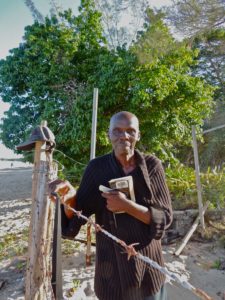 I’m talking like a machine gun or a firehose on full throttle. Whew. When a Jamaican gets going in Patois, it honestly sounds like everything is blurred together into one very long word, without a breath being taken.
I’m talking like a machine gun or a firehose on full throttle. Whew. When a Jamaican gets going in Patois, it honestly sounds like everything is blurred together into one very long word, without a breath being taken.
Not only do they speak at the speed of light, but Jamaicans also use a LOT of old sayings and phrases, passed down for many generations. Many of these sayings, even when broken down into English, leave you scratching your head in confusion.
Take this gem that I heard a while back. “Mi a come fi drink dee milk, nah fi buy dee cow.” Huh? I had to ask. I was told that it literally translates as “I came to drink the milk, not to buy the cow.” How would one use this? It means that I’m in a hurry and don’t want your sales pitch. Just give me what I came for.
Without someone to translate these little phrases, often you remain lost. Your Jamaican neighbors will be laughing hysterically while you sit there wondering if they are talking ABOUT you or TO you.
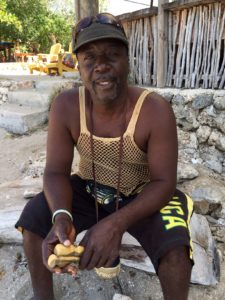
I consider myself to have a pretty good “ear” for languages. I lived in Italy for a year and Germany, as well as traveling all over Europe. Being able to understand enough bits and pieces of each language, I managed my life quite well.
Cracking the code of patois has been different. I think a big part of it is that the Italians or Germans KNOW that they are speaking a different language. Jamaicans tend to believe that they are speaking the same “English” as I am.
When I become obviously confused, Jamaicans rarely change their choice of wording or even speak more slowly. No, they just keep repeating themselves, often getting louder. Mind you, they were all taught standard English in school, but, for many, that’s the only place they used it. Patois is generally accepted as the language spoken at home and on the streets.
I finally figured out…on about my 15th trip here…that Jamaicans don’t always understand ME either!
They get used to always being asked certain questions by foreigners, especially in tourist heavy areas. Any question outside of that realm can stump them and cause them to just say, “Yes” or “No” randomly. Jamaicans LOVE to have the answer so they will rarely just walk away without a reply, right or wrong.
 Take, for example, the day I stood outside my gate waiting for a taxi to Black River. I was still figuring out the transportation system in my small town, as you can read about in my post about finding your way around here. As you will learn in that post, there are marked taxis and unmarked taxis. It takes time to know the drivers and pick out the unmarked taxis from random cars passing by.
Take, for example, the day I stood outside my gate waiting for a taxi to Black River. I was still figuring out the transportation system in my small town, as you can read about in my post about finding your way around here. As you will learn in that post, there are marked taxis and unmarked taxis. It takes time to know the drivers and pick out the unmarked taxis from random cars passing by.
There was a woman standing at my gate, obviously waiting for a taxi as well. I asked if she was going to Black River. She replied, “huh?” I repeated my question and she said, “yes.” I was tired and not really paying attention as a taxi pulled up and she hopped in. I followed suit, assuming we were both headed to Black River.
It wasn’t until we were headed up the mountain side, in the opposite direction from Black River, that I realized she was, in fact, headed to Southfield. How in the world she thought I was asking about going to Southfield versus Black River baffled me. Luckily, they have shops in Southfield too, so I just went with it.
At other times, Jamaicans understand me but their terminology, based on their British-based educational background, gets in the way.
Jamaicans frequently use British terms for items. French fries may be “chips.” Chips may be “crisps.” The trash can might be called “the dust bin.” Having a “bank holiday” means school is shut down, most stores are closed AND the taxis don’t run.
I figured out that last one after waiting about an hour to catch a taxi to town one day. The little crowd that hangs out at the shop across the street from my house enjoyed a good laugh. Finally, feeling guilty, they sent someone over to ask where I was headed. He informed me that even if I could catch a taxi, town was shut down for the bank holiday.
Patois has been the cause of a few very embarrassing moments for me.
Take this, for example. Back in the days of my first few trips to Jamaica, I was alone in the tourist town of Negril and went out for an evening walk. The smell of grilling jerk chicken was floating through the air. The aroma was to die for.
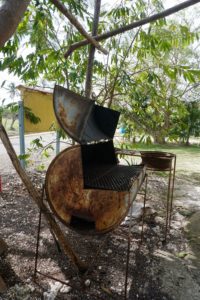 I decided to treat myself to some chicken from one of the many roadside stands. I told the man that I’d like a small portion of chicken. He happily set about pulling it from the grill. Watching intently, I was mesmerized by his methods and how he never touched any food with his hands…thank goodness.
I decided to treat myself to some chicken from one of the many roadside stands. I told the man that I’d like a small portion of chicken. He happily set about pulling it from the grill. Watching intently, I was mesmerized by his methods and how he never touched any food with his hands…thank goodness.
For whatever reason, they always take a meat cleaver and chop up cooked meats, bones and all, so he did that. As he was wrapping the chopped chicken and big piece of white bread in foil, he said, “Ya need fux?” Huh? “A fux.” Huh? I repeated back “A box? A fox? Huh?”
This odd exchange continued back and forth, both of us wanting to act like we understood but fearing we might say “yes” to the wrong thing. Finally, the man started making the motion of eating as if from a plate and it hit me. He was asking if I needed a FORK! Thankfully, he was good mime or might not have ever figured it out. I felt so silly afterwards.
Often its purely the accent that throws me off.
Sometimes, it’s the way they pronounce a word that stumps me. “Foil” is “file” and “oil” is “isle” here. Words and phrases are shortened frequently as well. “Upon” becomes “pon.” “Do it” becomes “Dweet.” “Ya reach?” means “Have you arrived or gotten to where you were headed?” To me, this is more in the arena of being slang.
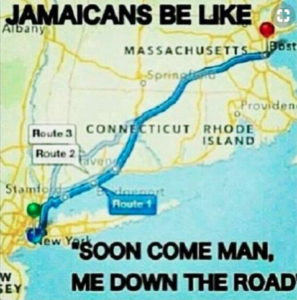 The most famous ones, of course, are “Wah gwaan?” meaning “What’s going on?” and “Soon come.” Soon come can mean “I’ll be there shortly” or “I’ll be there in a few days.” “Soon” is a very relative term in Jamaican culture, where a sense of time is missing. You can read more about that in my post “How Slow Can You Go?”
The most famous ones, of course, are “Wah gwaan?” meaning “What’s going on?” and “Soon come.” Soon come can mean “I’ll be there shortly” or “I’ll be there in a few days.” “Soon” is a very relative term in Jamaican culture, where a sense of time is missing. You can read more about that in my post “How Slow Can You Go?”
Then there are the words that have no rhyme or reason, like using “fi” (pronounced as “fee”) that replaces “for,” as in “Wah ya bring fi mi?” (“What did you bring for me.”) It also replaces “if.” “FI mi a go to da stoh, mi geet eet fi ya.” (If I go to the store, I will get it for you.”)
At times, I’m not certain if it’s me or them that’s messing up the communication.
Just a few months ago, my lawn was getting really overgrown. I started asking around for someone who could cut my lawn with what we Americans call a “weed whacker” or “string trimmer.” Few Jamaicans where I live actually own lawn mowers so this is the more traditional way to cut lawns here.
Every time I saw a friend or went into the local shops, I would ask if they knew of someone who could come cut my yard. They would reply, “Oh, you need a wahkah?” Thinking they were saying “walker,” I assumed they meant a walk behind lawnmower.
I would say, “No, I have a mower but it’s broken. I just need someone to cut the grass and trim around the bushes, sidewalks, etc.” Once again, they would say, “Yeah, ya need a wahkah.” I would give up, figuring they didn’t understand what I was asking.
Time after time, day after day, I kept walking away from these inquiries wondering what was wrong with these people. (Because we know I could never be wrong! Ha ha!)
Why couldn’t they understand what I was saying? Where was the disconnect? I see weed whackers all over the place. Why is this so hard to get across? Oh Patois, how crazy you make me!
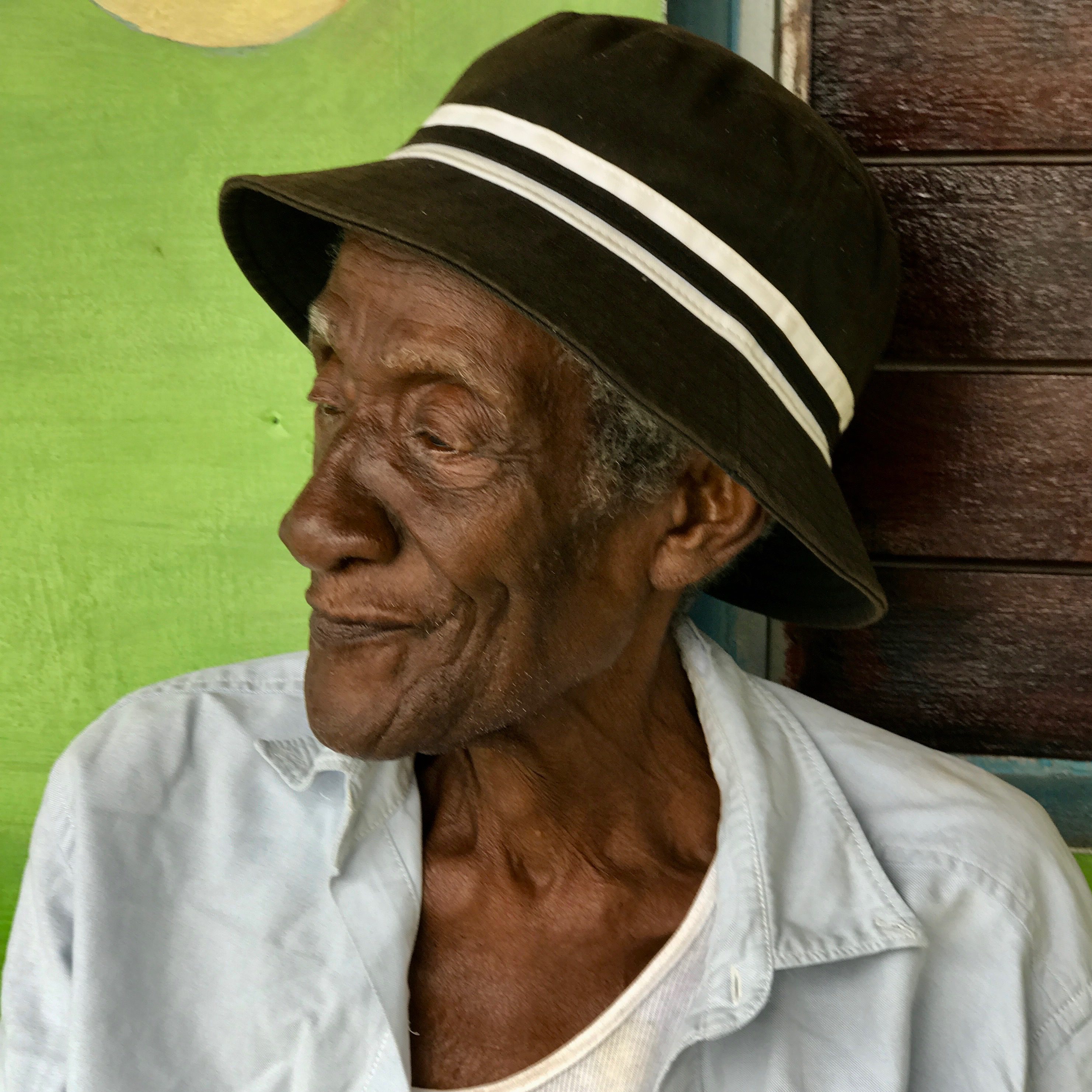 Then one day I was in the small shop that my friend, Linda, runs. Her friend, Willie, was hanging out in the shop. (Jamaicans have mastered the art of “hanging out.” Ha ha.) My grass was now up to my knees and I was getting desperate. I posed my question to Linda. She had always been great at helping me sort things out and find the help I needed for projects.
Then one day I was in the small shop that my friend, Linda, runs. Her friend, Willie, was hanging out in the shop. (Jamaicans have mastered the art of “hanging out.” Ha ha.) My grass was now up to my knees and I was getting desperate. I posed my question to Linda. She had always been great at helping me sort things out and find the help I needed for projects.
She turned to me and said, “Oh, ya need a wakah.” I wanted to run into the street screaming but I kept my composure and made the motion of someone swinging a weed whacker as I explained that I needed the lawn cut. “You know, a string trimmer? Weed whacker?”
Linda turned to Willie and said, “You could wahk her yahd, right?” Then she said, “Yeah, Willie has a weed wahka and he can do it.” Houston, we have lift-off…at last.
I have found that being married to someone raised in Massachusetts has given me a distinct advantage.
My husband, Robin, certainly had his language skills shaped by his years living near Boston. Leaving “R” off of the end of words, using really open vowel sounds and the like, it took my kids a while to figure out what he was expressing when we first got married. In short, the accent in Jamaica is very similar to someone from Boston…or “Bahstin.”
As I discussed this phenomenon with a friend, she pointed out that Boston had an influx of Irish and Scottish sailors, just like Jamaica did many years ago. Maybe their blue eyes and pale skin weren’t the only thing they left behind in Jamaica after all.
So, don’t be surprised when you get out in public here and feel a bit lost. Don’t be afraid to ask people to repeat what they said or to slow down. Better safe than sorry! If someone doesn’t seem to follow what you are saying, try again using different words. Practice your “pahkin cahs in Hahvad Yahd” exercises before you come and you’ll be “all set,” as we say in New England.
If you’d like to follow along as we find our way in Jamaica, please sign up now to be on our emailing list and get a free list of travel tips. We would love to drop you a line every now and then, too.
Interested in sharing this content on Pinterest? Please click on the Pinterest button and find the two special pins we’ve hidden!
Disclosure: We may be paid a small commission for purchases made from any links in this post. It will not raise your price or cause any changes for you. We only offer links to products and services that we’ve personally tried and loved.
10 Amazing Travel Tips Free!

Subscribe and we will send you a very helpful FREE list of things to do before you travel abroad. Trust me, I've made every travel mistake in the book. Let me save YOU some headaches!
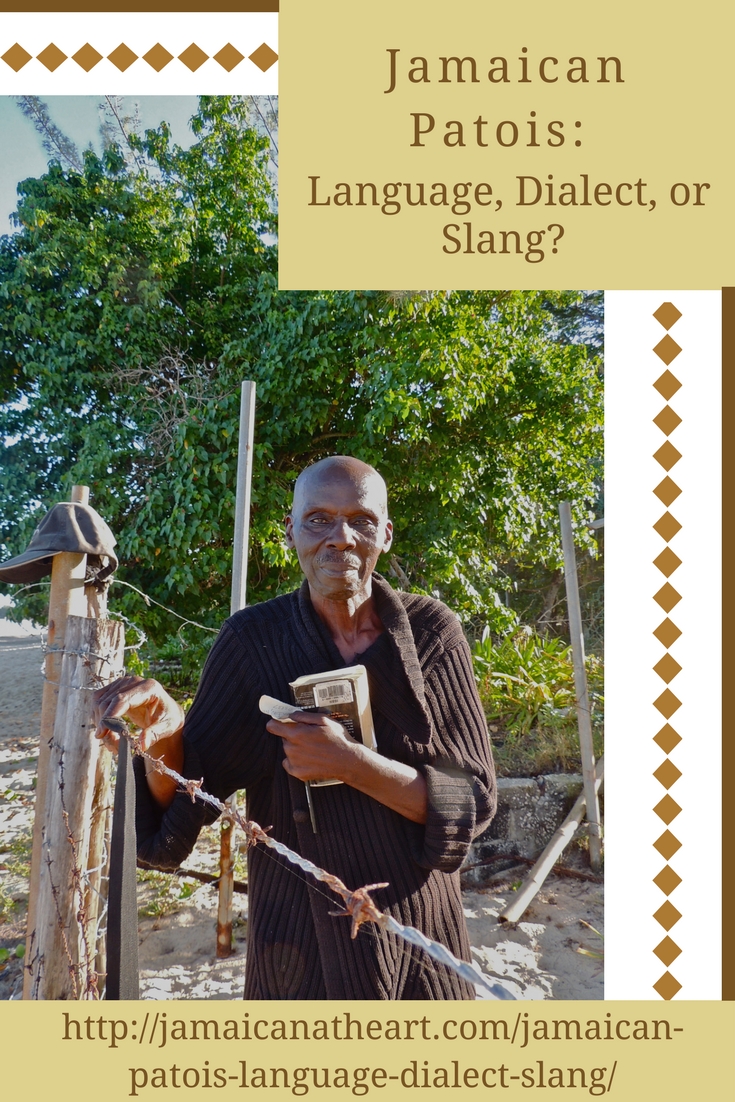
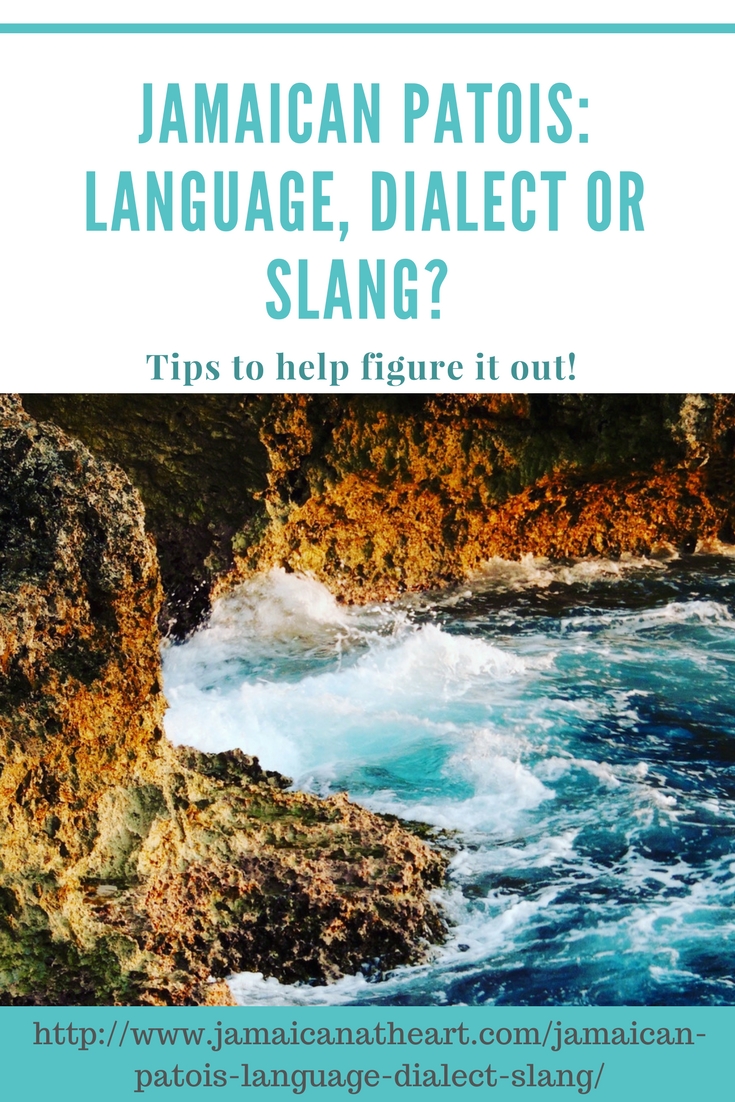

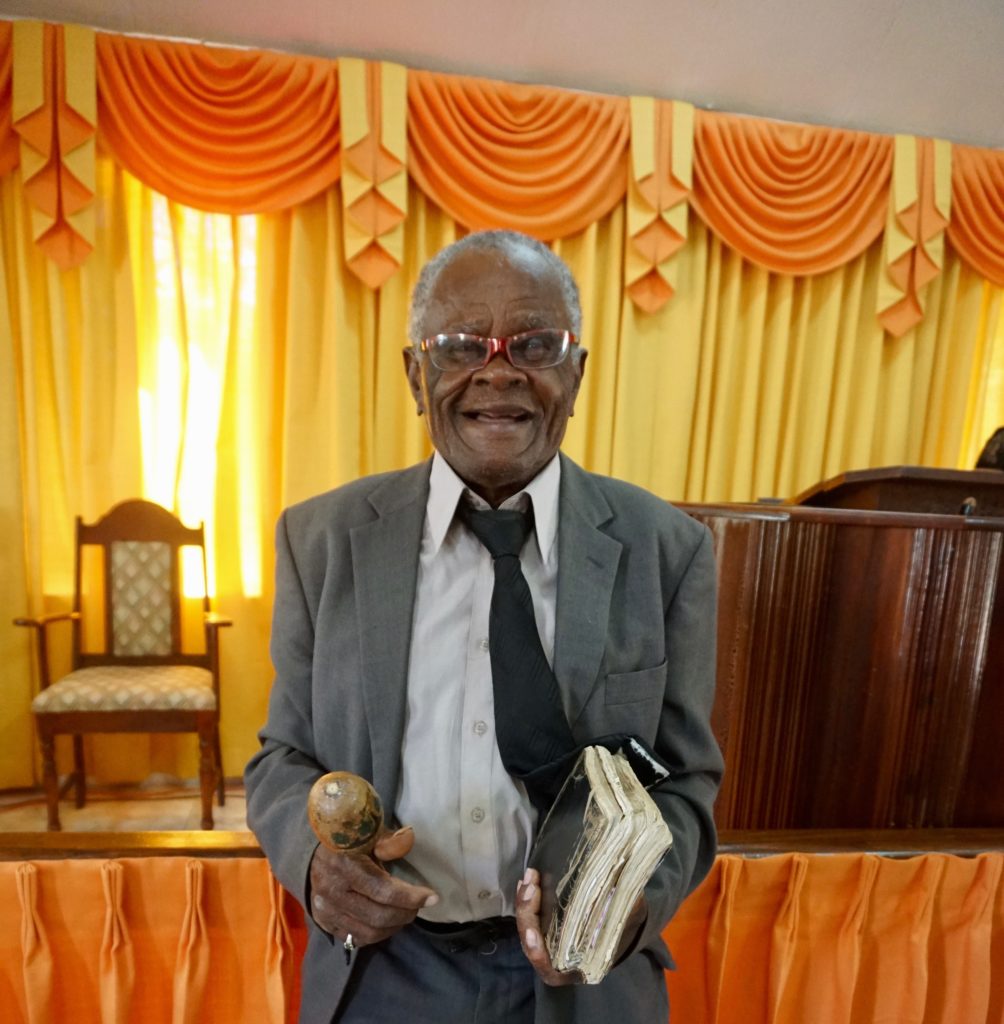
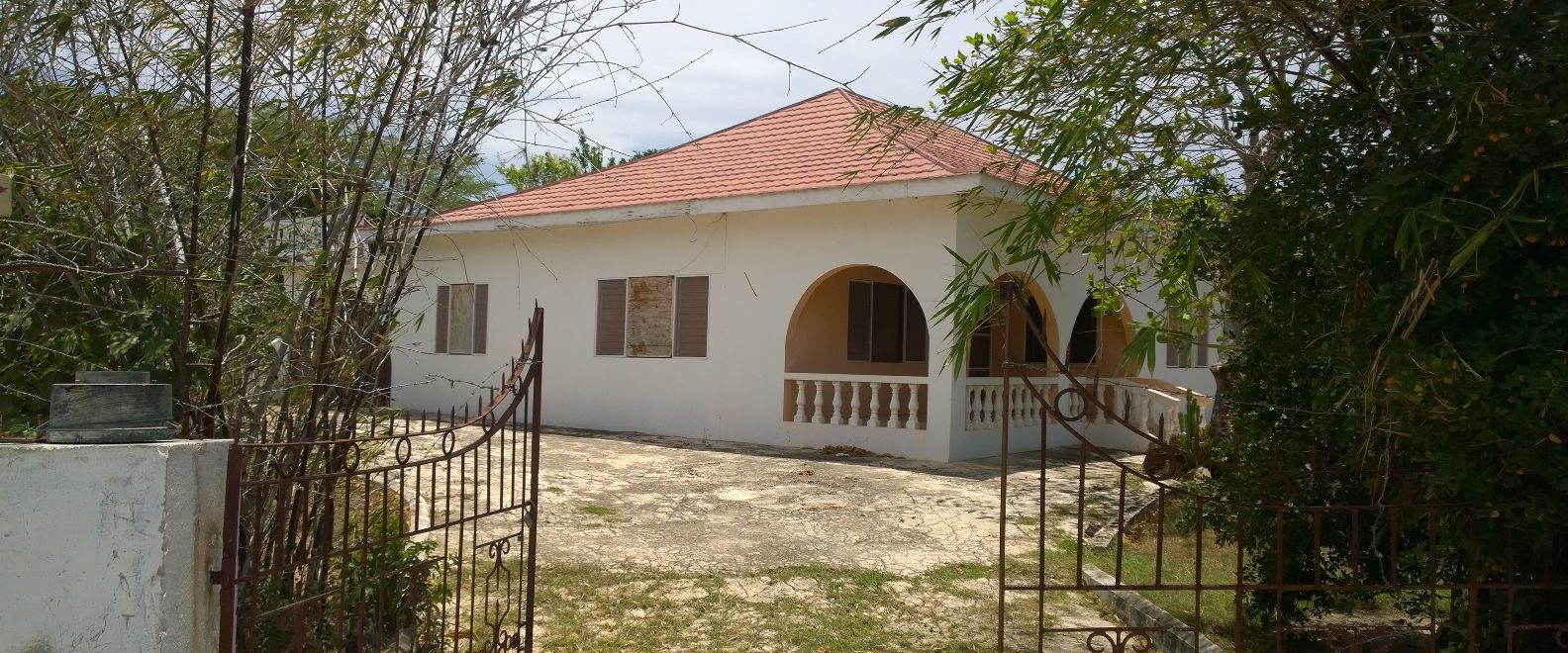


6 Comments
Sharon
It took me awhile to understand & speak Patios. When my Jamaican friend had a baby and she began to speak I would ask her mother what she was saying. That really helped. I do love the look on shop keepes faces when they speak to me and I replay as a Jamaican would. I still don’t always understand them but we use sign language or act it out. Oh what fun.
Jamerican
I find that I now think in Patois and feel like I want to answer in it when I’m talking to people but I’m still too unsure of my abilities! Ha ha! Guess I just need to go for it! The shock value alone would be worth it.
Gerard Carter
As someone from the UK. I found this article realy amusing. The patois is more like an english dialect, of which there are many. In some areas of England you could believe you were hearing Patois. As some of your examples show Americans and English are divided by a common language.Another great article. I look forward to the next.
Jamerican
Thanks so much, Gerard. I’ve not made it to the UK yet but I can imagine exactly what you are saying. Patois is such an interesting mixture of languages!
Pingback:
Jamerican
Yes, literally, “What’s going on?”